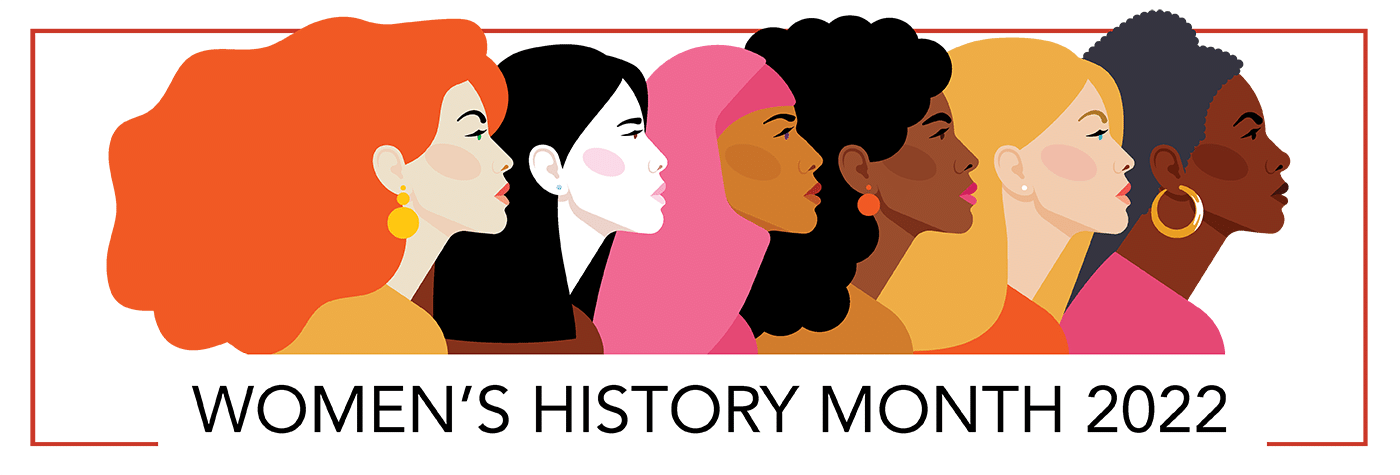Representation
Matters!
This year, we celebrate Women’s History Month 2022 with a familiar concept for many, but let’s look closely to examine why Representation Matters and what it means for NIH. Allow us to engage, educate, and inspire while acknowledging the power of identity, inclusion, and belonging. Everyone should experience a sense of belonging in the workplace regardless of color, ability, race, national origin, sex, age, or any social construct. We aim to create and nurture belongingness at NIH. Join us as we explore the impact of representation on women in our community and beyond.
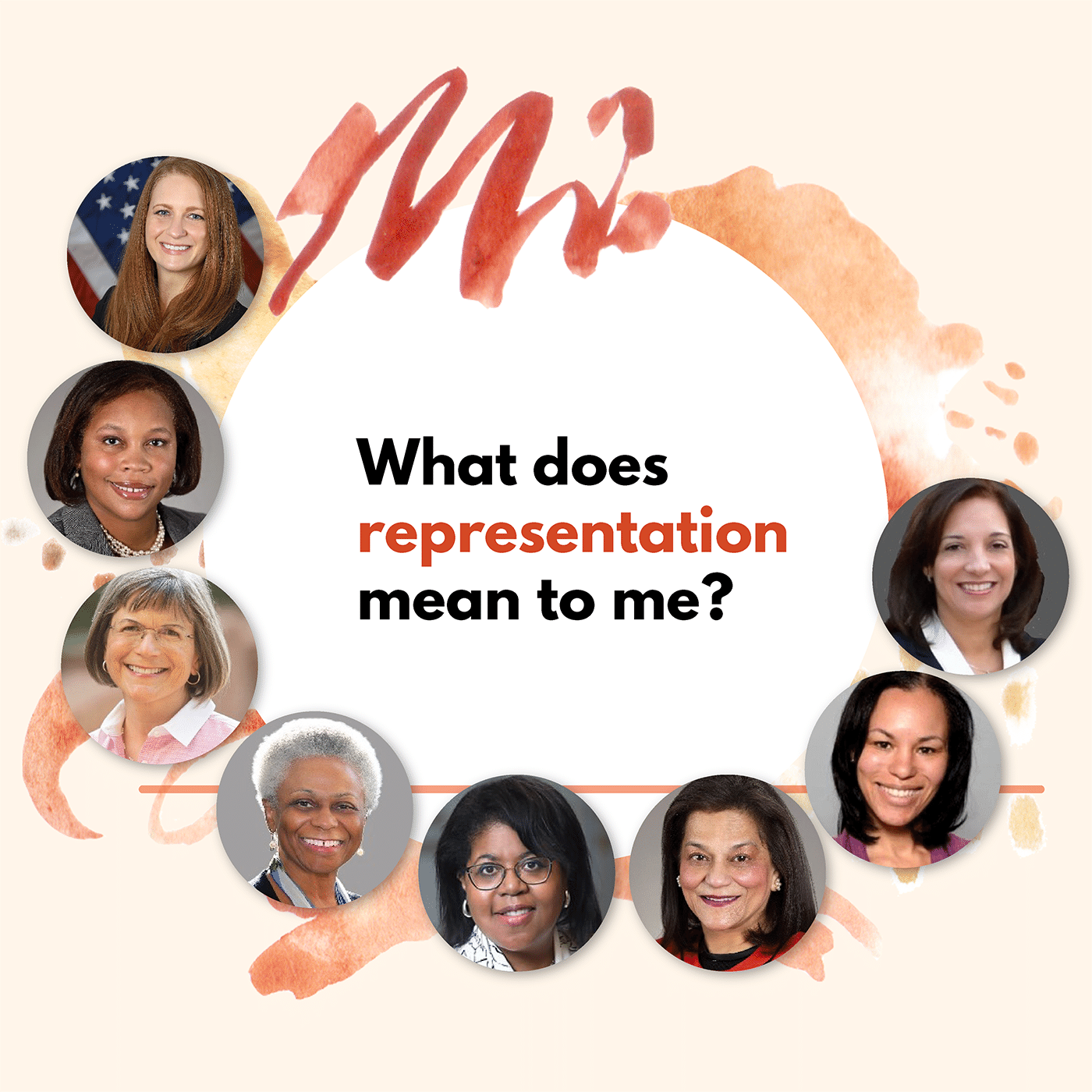
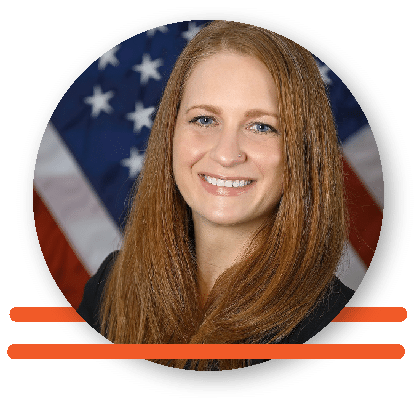
Tara Schwetz, Ph.D.
Acting Principal Deputy Director
National Institutes of Health
Representation is critical.
Representation is critical. It can serve as a means of support and validation, it illustrates what is possible, and it helps to break down stereotypes. However, representation is only one milestone on the road to equity, and it must be prioritized to move toward the ultimate destination.
Early in my career at NIH, I interacted with a female IC leader who was unapologetically herself. She was a straight shooter, honest and unafraid to speak her mind, not to mention a fabulous mentor who lifted me up in the best way. While I had seen men in equivalent roles take a similar approach, I had never noticed a female leader doing so. I found this incredibly refreshing, eye-opening, and inspiring.
Observing women with significant authority.
During my 15 plus years at NIH, I have interacted with exceptional individuals who have helped shape my career and motivated me to strive for leadership roles across the agency. For me, there is warmth and a sense of belonging when I can attend meetings and see other women, particularly women of color, leading them, contributing to them, and helping to shape the outcomes that will inevitably follow. I clearly recall a day early in my tenure at NIH when I went to a symposium at Natcher Auditorium and watched as several directors and deputy directors of the institutes and centers took their places at the front of the room. At the time, it was primarily men walking down the aisle, but I noticed the women who were interspersed among them. Despite being few in number, it was clear each of these women had significant authority and decision-making roles, spoke to their science, and were well received by the audience. That picture has remained in my head and given me a vision and understanding of what could be possible—a seat in the front row.
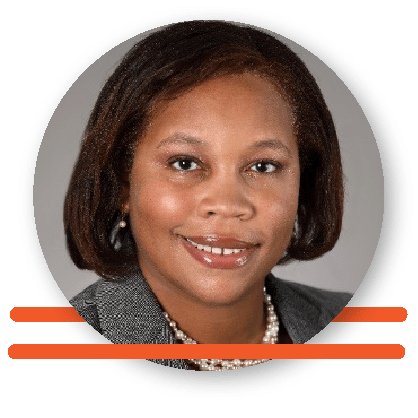
Courtney F. Aklin, Ph.D.
Acting Associate Deputy Director
National Institutes of Health
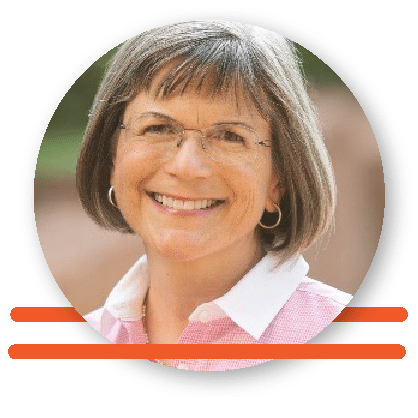
Lisa L. Cunningham, Ph.D.
Scientific Director
National Institute on Deafness and Other Communication Disorders
(NIDCD)
Empowering through representation.
Most of my scientific advisors and career advocates have been men, which illustrates that you don’t have to be a woman to support and encourage women; in fact, it’s critical that we don’t exclude half the population as potential career advocates and mentors. That said, there is clearly a special relationship when someone personally understands our experiences and makes a conscious effort to support us. Throughout each stage of my career, I have been lucky enough to have peer groups of strong, smart, accomplished, ambitious, infinitely capable women. When I was a post-doctoral fellow, there were five women graduate students and post-docs in the lab, all of whom are full professors now. The five of us ate lunch together most days—we shared experiences, complained together, and encouraged each other. When I started my first independent lab, I again had the benefit of being part of a large group of approximately 12 women, mostly junior faculty members. We met regularly and exchanged victories and injustices, providing insight and support for one another. It was empowering to have this community of women who were at a similar career stage to me, figuring out how to make it work as scientists and have lives beyond our jobs. When I arrived at NIH, I was again surrounded by incredibly capable women scientists, some of whom were my own mentees. Last year I became a Scientific Director, and the other women SDs reached out to offer support, encouragement, and the benefit of their experiences. I cannot overemphasize the importance of women peer mentors throughout my career. It takes a real generosity of spirit for someone to go beyond what is required for their own success and offer support and community to those around them, but at times, this has been the critical element that kept me moving forward. I am grateful for all the very talented women who have shown me this generosity.
Because of them, we can.
I am fortunate—I started life with a wonderful female role model, my mother. She was an African American physician in private practice long before there were HMOs and hospital practices. My medical career benefited from the example she set. Nonetheless, as my career evolved, I found myself to be the one expected in many settings to represent my race and sex. Knowing that my mother had succeeded was an inspiration. I hope the current generation of aspiring physician scientists appreciate the doors that were opened by our predecessors.
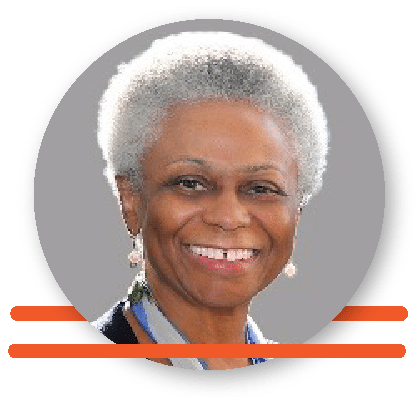
Marie A. Bernard, M.D.
Chief Officer
Scientific Workforce Diversity
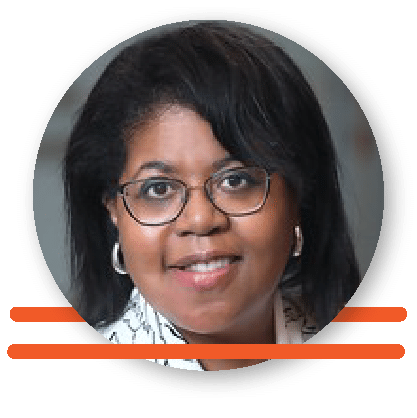
Jennifer Cyriaque-Webster, D.D.S., Ph.D
Deputy Director
National Institute of Dental and Craniofacial Research
(NIDCR)
If you see her, you can be her.
In my life, I have been a beneficiary of representation on multiple levels and have been a representative for some in the pathway. In my mind, representation equals can do. A picture or visual is worth a thousand words. However, when it comes to empowerment, confidence, and belief that something is achievable, the recognition that someone that you share characteristics with has accomplished the potential desired goal is invaluable. To borrow from the vernacular: “if you can see her, you can be her.”
A kaleidescope of experiences.
This term encompasses a kaleidoscope of experiences for me:
The bidirectional benefits of mentoring and being mentored; a balance between accomplishing visions and dealing with reality; knowing that becoming the person I was meant to be required being purposeful, intentional, and resilient but always able to embrace serendipity and the magic that intersections of ideas bring; loving life while learning to live it fully; the cumulative effects of a journey filled with laughter to signify my joy in existence and tears to unite me with those with broken hearts.

Rena D’Souza, D.D.S., MS, Ph.D
Director
NIDCR
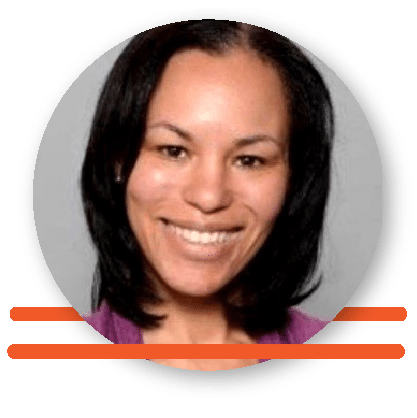
Tonia Awoniyi, J.D.
Director
NIH Ethics Office
Paying it forward.
I cannot think of just one woman who was a great role model. For as long as I can remember, a woman has always encouraged and helped me be my best. My mother, aunts, grandmothers, teachers, friends, classmates, sorority sisters, colleagues, and supervisors all played a role in my professional journey and guided me to where I am today. I try to emulate all my role models and help pave the road for someone else. As Director of the NIH Ethics Office, I intend to encourage the next generation of leaders.
Female mentorship is key.
When I started at NIH in 1991, my first impression was that the overwhelming majority of the leadership I saw as I walked down the halls was composed of men. As the years went by, I met more and more women in leadership positions. While I found that both men and women were supportive of my career, I discovered several key women who saw something in me and who wanted me to succeed. Through these female mentors, I was presented with chance opportunities throughout my NIH career to step up and work hard at new positions. What I learned was that successful leaders sincerely look to help their staff excel and give them the tools to do their jobs. I believe it is now my responsibility as a female and minority leader to also nurture other NIH employees in expanding their opportunities, while celebrating their diverse backgrounds, to help them reach their career goals. Certainly, it was this mindset of my mentors and leaders that ensured I was prepared to get to the next level. As I look back on my career, to quote Louis Pasteur, it is clear that “chance favors only the prepared mind.”



